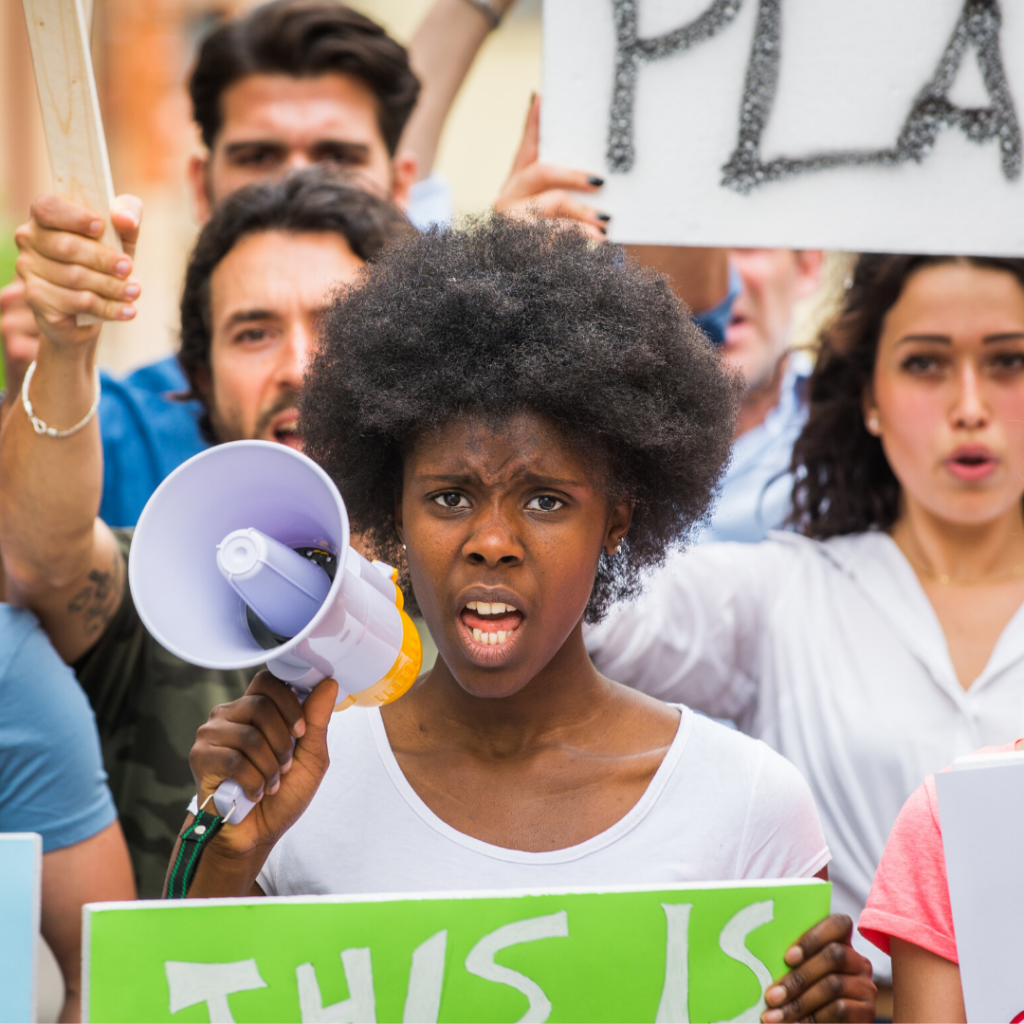At a White House Coronavirus Task Force press briefing on April 8, 2020, Dr. Anthony Fauci, Director of the National Institute of Allergy and Infectious Diseases, took a brief moment to honor the struggle of the LGBTQ+ community during the HIV epidemic. Fauci highlighted how marginalized communities are being disproportionately impacted by the COVID-19 pandemic. He stated, “During that time, there was extraordinary stigma, particularly against the gay community, and it was only when the world realized how the gay community responded to this outbreak with incredible courage and dignity and strength and activism — I think that really changed some of the stigma against the gay community, very much so.”
Dr. Fauci’s verbal support of the LGBTQ+ community in the White House Briefing Room, standing six feet apart from Vice President Mike Pence, felt monumental. Dr. Fauci has been at the forefront of the fight against viral diseases such as HIV since 1984, playing a significant role in the creation of the President’s Emergency Plan for AIDS Relief under President George W. Bush and working to develop strategies for the therapy and immune reconstitution of patients with HIV. Given his work on HIV during the heights of the AIDS crisis, Dr. Fauci became familiar with, and was often criticized by, AIDS activists such as the late Larry Kramer. In an open letter to the San Francisco Examiner in 1988, Kramer wrote: “Your refusal to hear the screams of AIDS activists early in the crisis resulted in the deaths of thousands of Queers. Your present inaction is causing today’s increase in HIV infection outside of the Queer community.” This letter prompted Dr. Fauci to connect with Kramer and they developed a friendship, despite Kramer continuing to publicly criticize Dr. Fauci and the federal government in an effort to focus national attention on the AIDS crisis. Following the recent passing of Kramer, Dr. Fauci praised him for being an outspoken voice for AIDS activism. The unlikely friendship between the two taught Dr. Fauci the importance of supporting marginalized communities, a lesson that informs his current work on COVID-19. Thus, while Dr. Fauci has only become a household name over the past few weeks, his involvement in the AIDS crisis has made him a familiar face in the LGBTQ+ community for over thirty years.
Vice President Pence, who is leading the White House Coronavirus Task Force, on the other hand, has a history of being anti-LGBTQ+ and poorly responding to an HIV outbreak in his own backyard. When he served as the Governor of Indiana, Pence’s poor leadership led to an HIV outbreak that infected over 200 people. Even as the outbreak spun out of control and state legislators and medical professionals called for Pence to lift the state ban on needle exchange programs which was adding to the problem, Pence resisted. It was five months after the outbreak started that Pence finally declared a public health emergency, by which point the spread had peaked.
The Indiana HIV outbreak is just one example of many of how Pence and the Trump administration have been harmful to people with HIV/AIDS. Pence claimed during his 2000 congressional campaign that conversion therapy is a viable means of preventing the spread of HIV, stating that “Congress should support the reauthorization of the Ryan White Care Act only after completion of an audit to ensure that federal dollars were no longer being given to organizations that celebrate and encourage the types of behaviors that facilitate the spreading of the HIV virus. Resources should be directed toward those institutions which provide assistance to those seeking to change their sexual behavior.” In 2018, the Trump Administration defunded HIV/AIDS programs in order to fund the detainment of immigrant children, thereby taking resources from one marginalized community in order to harm another. In his World AIDS Day Addresses as Vice President, Pence has not mentioned the LGBTQ+ community even once, failing to recognize the millions we have lost and the millions who have fought for recognition.
We at the National LGBT Bar Association are all too familiar with how harmful health crises can be to marginalized communities, especially when there is a poor government response. In 1987, the idea of creating a gay and lesbian bar assocation was first introduced at the Lesbian & Gay March on Washington. That March was a response to the Reagan administration’s lack of response to the AIDS crisis, which had already killed over 16,000 Americans. When our government ignored members of our community and threw them away, we fought back and we took care of each other. When people in power deemed us disposable, we fought for the changes and built the support networks that saved lives. We must rise to a similar challenge in this time, as the COVID-19 pandemic has proved that this fight is far from over both for the LGBTQ+ community and for communities of color who have been disproportionately hit by this newest health threat. Now more than ever, we must come together to support marginalized communities, because those in power in our national government will not.
Dr. Fauci’s comments on the impact of the HIV epidemic on the LGBTQ+ community were powerful not only for their reminder to the nation of the immense loss we endured during the worst of the HIV/AIDS crisis, but also for the context in which he said them. He called attention to the fact that marginalized communities, especially Black Americans, are being and will continue to be disproportionately hurt by the coronavirus pandemic. This is not due to genetic predisposition or behavior, contrary to what some have claimed, but rather is caused by systems of structural oppression that we must continue to fight to dismantle.
It is clear that Dr. Fauci is familiar with the human side of an epidemic and recognizes just how vulnerable marginalized communities are right now. Let’s bring the courage, dignity, strength, and activism that Dr. Fauci praised into the fight against COVID-19.

